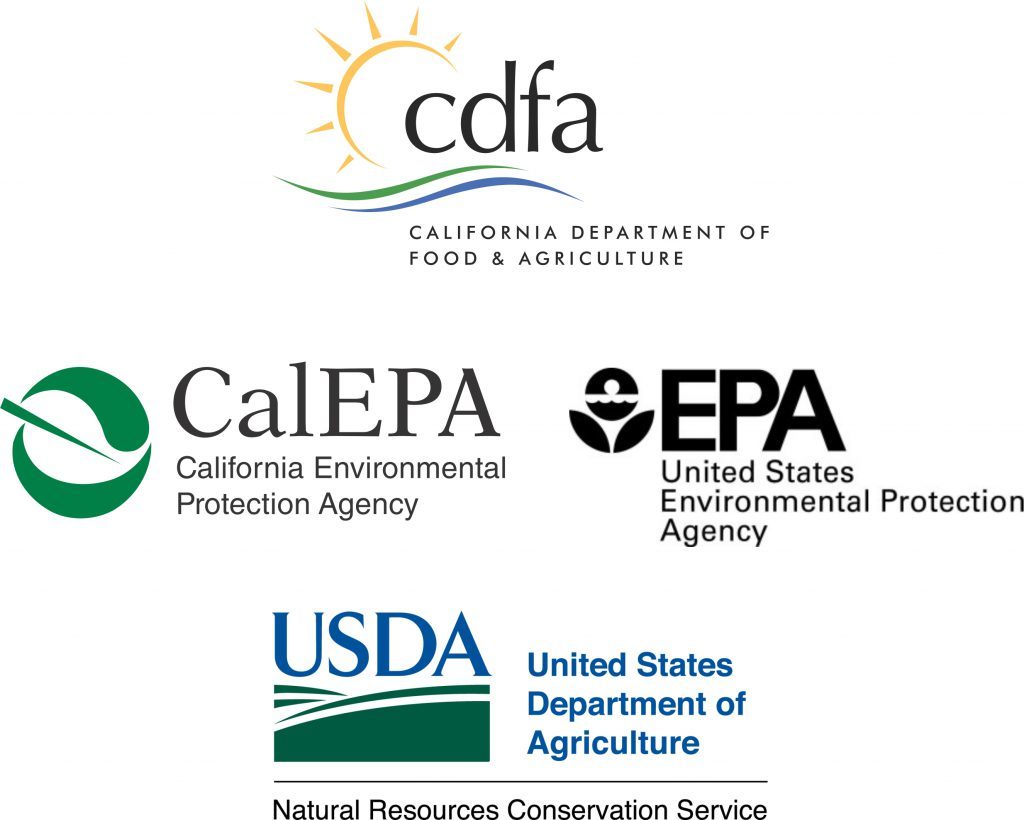Dec 10, 2021Co-composting off-site ag waste boosted in California
The Federal-State On-Farm Compost Work Group announced Dec. 9 the launch of an On-Farm Compost Resource Website. The resources on this website include information and tools to help farmers and ranchers compost agricultural byproducts, including manure, and maintain compliance with federal, state and local regulations.
The website is hosted by the California Department of Food and Agriculture (CDFA) and was developed as part of a larger collaborative working group that was co-led by the US Environmental Protection Agency (US EPA), U.S. Department of Agriculture Natural Resource Conservation Service (USDA NRCS), and California Environmental Protection Agency (CalEPA) as well as eleven additional state and regional regulatory bodies. The working group was formed in 2019 to help reduce barriers and clarify regulatory requirements for producers wishing to co-compost off-site agricultural waste.
“California farmers and ranchers have long understood the benefits of this proven practice, just like those who embrace composting at home,” CDFA Secretary Karen Ross said in a news release. “This multi-agency effort will help meet farmer demand for more on-farm composting to ensure safe, nutrient rich soil, and this new on-line resource provides a single location to show our producers how to put it all together in compliance with California environmental regulations.”
“California will dramatically cut a major source of climate warming gas when we launch food and yard waste composting statewide in 2022,” said California Environmental Protection Agency Secretary Jared Blumenfeld. “Using this compost on our agricultural and rangelands will add to that greenhouse gas reduction and help drought-ravaged soil retain water.”
“The tools created by the On-Farm Compost Work Group will help promote the composting of agricultural materials in California,” added EPA Pacific Southwest Acting Regional Administrator Deborah Jordan. “Composting is an alternate pathway for agricultural materials, which will reduce ag burning in California, thus protecting air and water quality.”
“Application of compost is a common soil health practice, that can help farmers in our arid climate maintain and build soil carbon,” said NRCS California State Conservationist Carlos Suarez. “Compost application improves plant health and crop yields, increases water retention and infiltration, and sequesters carbon. This effort helps create valuable soil amendments from diverse on-farm resources. It’s a win-win for California agriculture”
The resource website launch falls during California’s Healthy Soils Week which continues through Dec. 10. Please visit the calendar of events focused on the value of soil and the benefits that healthy soil management practices, including compost, have for improving California’s drought resilience.

















